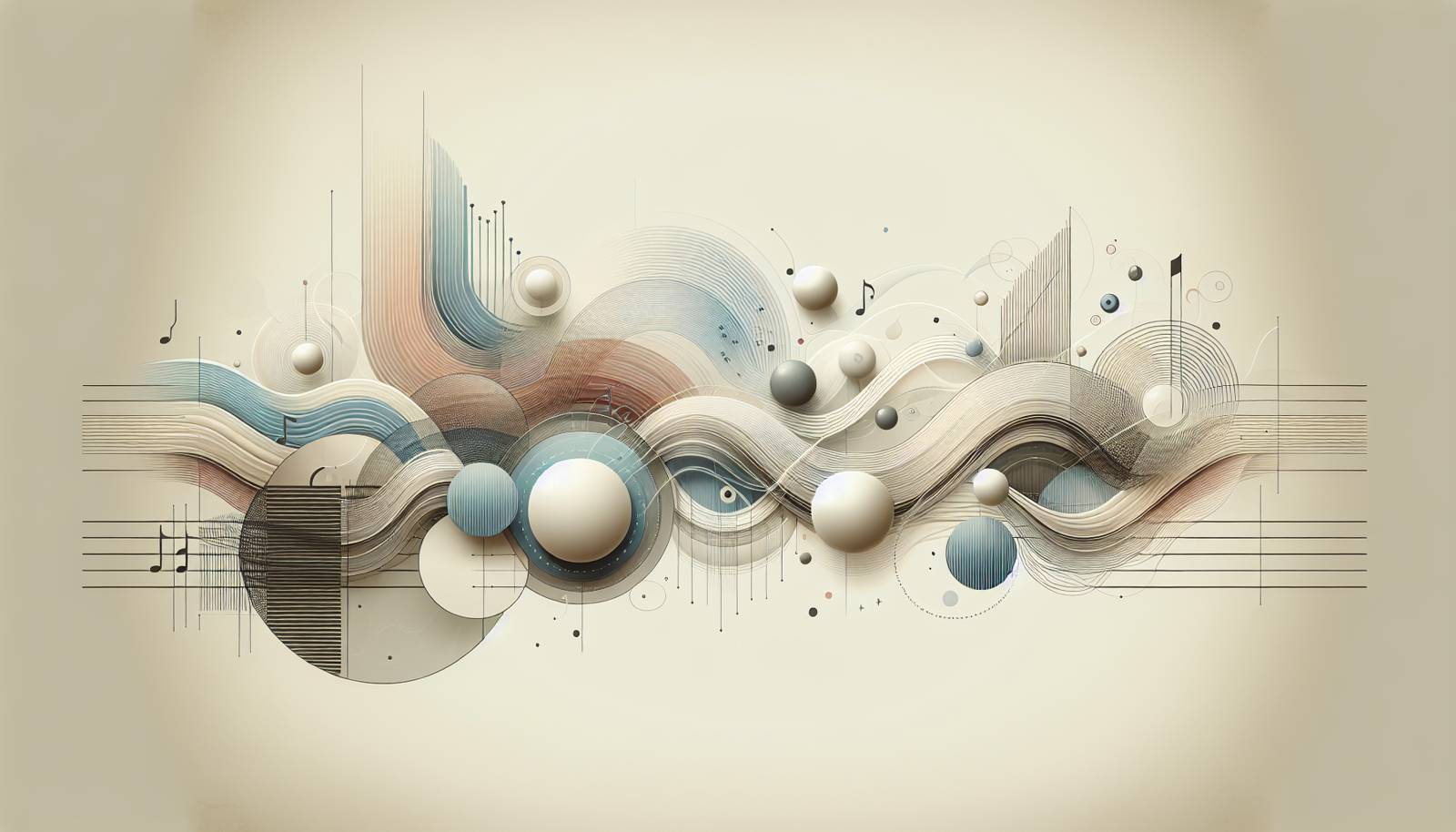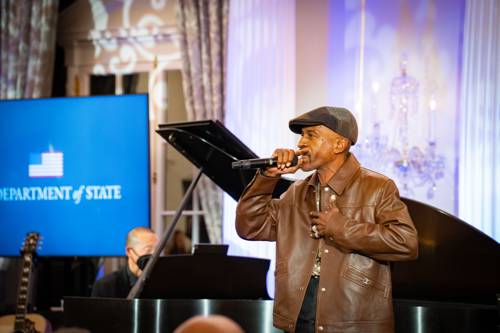
FAQ About The Impact of Music on Cultural Diplomacy

What is cultural diplomacy?
Cultural diplomacy refers to the use of cultural interactions—such as art, music, and sports—by governments and non-state actors to promote mutual understanding and cooperation across borders. It aims to foster connections and dialogue between people of different cultural backgrounds.

How does music contribute to cultural diplomacy?
Music serves as a universal language that transcends linguistic and cultural barriers, enabling communication and exchange between different societies. Through international music tours, festivals, and collaborations, artists can share their cultural heritage, foster goodwill, and encourage dialogue and mutual understanding.

Can music influence international relations?
Yes, music can influence international relations by building cultural bridges and providing common ground for dialogue. It has the power to soften political tensions and reinforce diplomatic efforts, enabling countries to engage with one another in a non-confrontational manner.

What are some historical examples of music in cultural diplomacy?
Historical examples include Louis Armstrong's international tours sponsored by the U.S. State Department during the Cold War and the "Playing for Change" project, which connects musicians across various cultures. These projects have demonstrated the power of music to enhance diplomatic relations.

How do governments use music in their cultural diplomacy strategies?
Governments often organize and sponsor international music tours, exchanges, and festivals to showcase their culture and foster international understanding. These initiatives help to present a nation's cultural values and contribute to building positive international relationships.

Why is music considered a universal language?
Music is considered a universal language because it evokes emotions and conveys messages that can be understood across different cultural contexts without the need for translation. Its rhythms, melodies, and harmonies can resonate with people worldwide, bridging cultural divides.

What role do musicians play in cultural diplomacy?
Musicians act as cultural ambassadors who represent their country and its cultural heritage on international stages. Through performances and collaborations, they help spread cultural messages, foster intercultural dialogue, and often challenge stereotypes and misconceptions.

How do international music festivals contribute to cultural diplomacy?
International music festivals bring together artists and audiences from diverse backgrounds, enabling cultural exchange and dialogue. These events create platforms for showcasing different musical traditions, fostering mutual respect and understanding among participants from various countries.

Are there any organizations dedicated to using music as a tool for cultural diplomacy?
Yes, several organizations focus on music as a tool for cultural diplomacy, such as the Playing for Change Foundation and Musicians Without Borders. These organizations use musical projects to connect people globally and promote peace and understanding through cultural exchange.

What challenges does music face as a tool for cultural diplomacy?
Challenges include translation of cultural nuances, political resistance, and logistical complications of organizing international events. Additionally, there is always the risk of cultural appropriation or misunderstanding, which can affect diplomatic intentions negatively.
